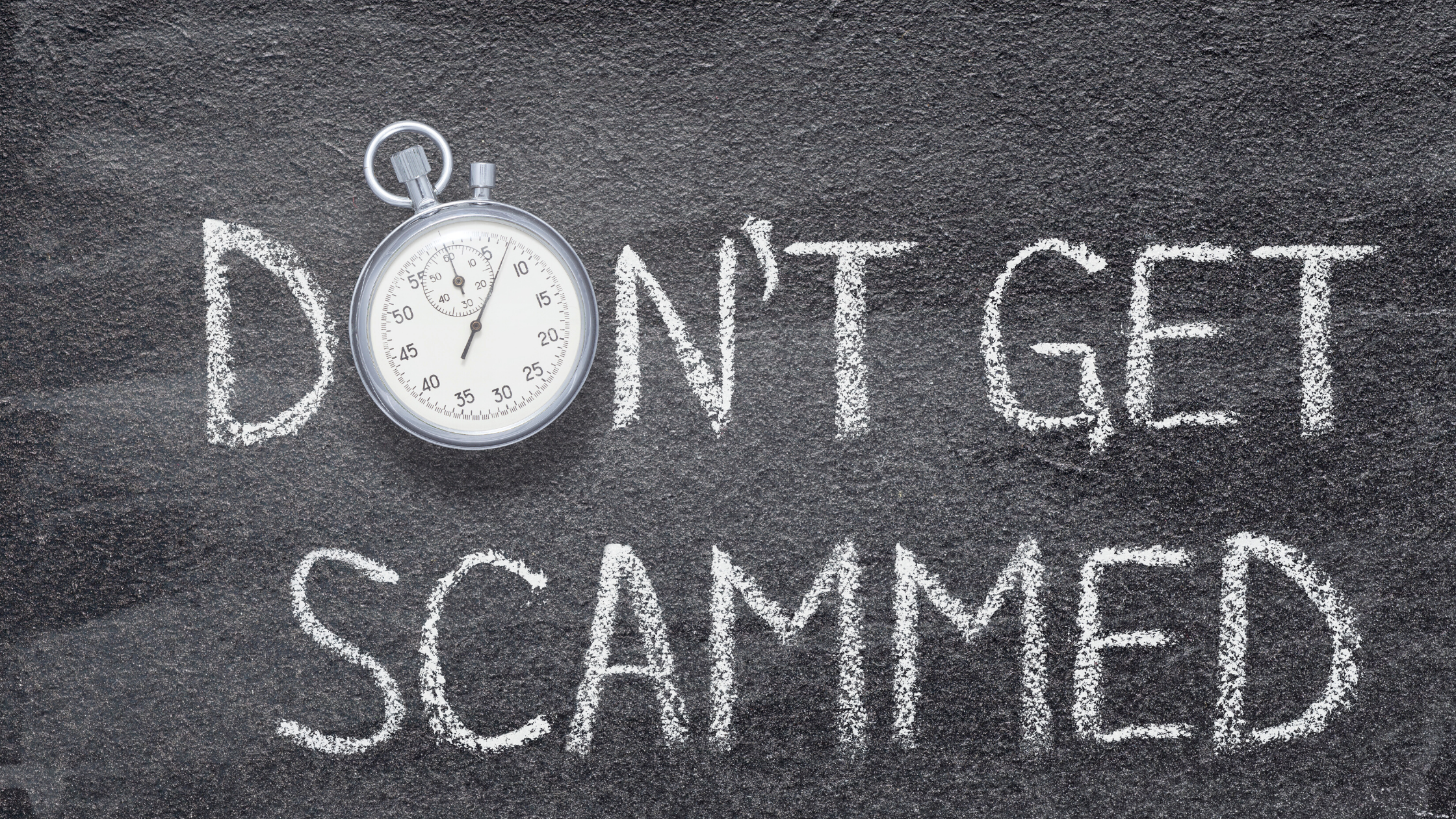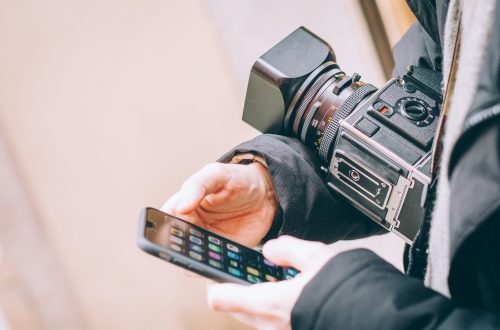
Never allow a good crisis to go unexploited, at least that’s the advice many scammers are taking to heart as they bilk hard-earned cash from the uninformed and well-intentioned.
According to a report by John Cutter Investigations, as anxiety around Coronavirus continues to increase, more scammers are taking advantage. And, while scams can happen at any time and involve differing circumstances, there are now many individuals and companies that are preying on people’s fear of contracting the Coronavirus and the financial uncertainty over job and income loss resulting from the virus, among others.
What follows are three typical Coronavirus scams and what you need to know to prevent them from being taken in.
1. Cures and Preventive Measures
Whether someone suspects they already have the Coronavirus or want to prevent being infected, there are more than enough scams out there to give everyone what they need and want. In fact, since the beginning of the crisis, defrocked televangelist and convicted fraudster Jim Bakker has been touting his “Silver Solution” to audiences with his mixture of folksy talk show backdrop with supposed “experts” to deliver his “cure,” even though the virus has no known cure or treatment. Bakker also used social media and online advertising to tout his cure, what he calls part of his “prophetic and end-time news.”
According to Bakker’s claims, “Silver Solution” has been proven by the government to kill every pathogen it has ever been tested on, including SARS and HIV. Four 4-ounce bottles can be yours, the message says, for a mere $80.
Unfortunately, the Attorney General of the state of Missouri has rendered his verdict on the effectiveness of “Silver Solution” by slapping a restraining order on Bakker and his company, Morningside Church Productions, from selling their “cure.”
Bakker isn’t the only one who is working the phony cure angle. A recently revealed scam taking place at different locations in the state of New York consisted of phony Coronavirus testers who erect large tents or awnings in the parking lots of convenience stores with signs that say, “Coronavirus testing $100” for unsuspecting motorists who happen to be driving by. After a driver stops, pays their $100, and has their throat swabbed, they will see neither their test results or their money again. When the police confronted testers at one location, they simply took down their tent and moved a little further down the road.
Websites that purport to offer free CBD oil to those who leave their personal information are yet another turn on the Coronavirus scam bandwagon. Spoofing a Fox News website, this scam not only offers CBD oil to those who buy into their scam, but also claim that the product is the only remedy that is proven to cure the virus. Not to be outdone, other websites are offering phony Coronavirus cures in exchange for bitcoin payments.
Another scam that comes under the title of “something for nothing” offers protective equipment such as hospital-grade masks, sanitary gowns, and other items.
2. Phone Fraudsters
Despite the Coronavirus having no known cure, phone fraudsters are reaching out in unparalleled numbers to Medicare patients with offers of at-home testing kits, according to the FCC. This is despite widespread testing and inexpensive at-home testing kits being unavailable. For a hefty price, firms running this scam will send a Coronavirus testing kit to your home.
Unfortunately, just as is the case with so many other scams, those who run these are only out for the payment information they require for “processing.” Rest assured that, once your credit card information is turned over to one of these folks, there will be no testing kits forthcoming.
Another turn on Coronavirus phone scams are those who purport to relieve the unwary of the consequences of being unable to pay their rent or mortgage due to job loss or other financial constraints. Once again, scammers reach out to those in areas suffering from high unemployment with offers to fill the needed gap between what the victim has and what they need with different schemes to make up the difference. These often take the form of loans and mortgage refinancing, but what they get in reality is a bank account that ends up being emptied of whatever remains.
3. Phony Insurance
Whether a person has no health insurance or is underinsured, scammers have got everyone covered. In this scam, phony insurers make calls to enroll people and get personal information as well as their money. Most of these targets those under the age of 64 and claim the insurance is in “response to the current health crisis.” The insurance offered is provided by new healthcare options that have been implemented in their area which, of course, do not exist.
Some phone scammers mimic government agencies with their pitches to defraud people, stealing personal information such as Social Security numbers during the Coronavirus panic. Some of these even leave messages threatening to suspend the payment of Social Security benefits to those who do not return their calls.
Now that it’s a little easier to spot a Coronavirus scam, here are a few general guidelines for how to protect your privacy, as well as your security, taken from the various FTC guidelines:
· Don’t share personal information with anyone, even if they claim to represent the government or a group working with the Coronavirus pandemic.
· Monitor your credit report and bank information often and closely.
· Use privacy-enhancing software on your computer to protect your data from hackers.
· Use strong passwords and change them often. If you need help, use a website such as https://strongpasswordgenerator.com. Not only does it generate secure passwords (if you can’t do so yourself), but it’s free too.
· Keep your mobile phone safe and set the software to allow for automatic updates.
· Sign up for fraud alerts on your bank accounts and credit cards to stop suspicious or fraudulent activity.
Finally, if you believe you have been the victim of fraud of any sort, contact your local law enforcement agency.







